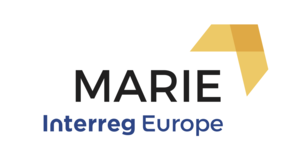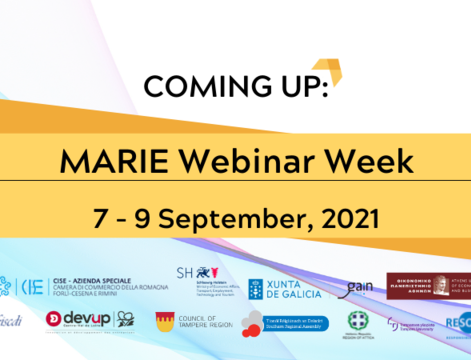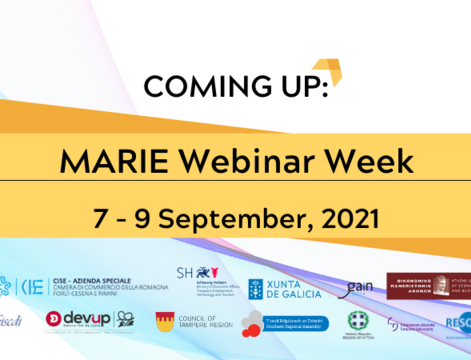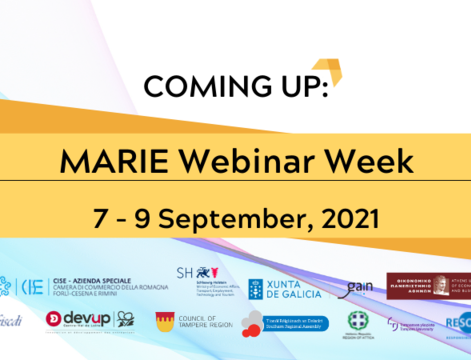18-19 September 2017, MCE Conference & Business Centre, Brussels, Belgium
After four years of in-depth investigation of procedures, standards, and principles in ethics assessment of research and innovation (R&I), across different scientific disciplines, institutions, and countries, the EU-funded FP7 SATORI project seeks to bring together all relevant stakeholder groups and experts to look at the future trends in the ethics of R&I.
SATORI is a 45-month project supported by the European Commission (FP7) and comprises 16 partners from 12 countries and is co-ordinated by the University of Twente in the Netherlands.
The conference will present and discuss state-of-the-art developments in research ethics assessment and the ethics of technological innovation. It will feature leading ethicists, researchers, innovators, and representatives from policy organisations, research funding organisations, industry, civil society, science media, and academia.
This event will gather some of the most prominent experts in this field:
- Dorian Karatzas, Head of Ethics and Research Integrity sector at the European Commission (EC);
- Jim Dratwa, Head of the European Group on Ethics in Science and New Technologies (EGE);
- Julian Kinderlerer, Emeritus Professor of Intellectual Property Law at the University of Cape Town, South Africa and former President of EGE;
- Dafna Feinholz, Chief of the Bioethics and Ethics of Science of UNESCO;
- Jeroen van den Hoven Full professor of Ethics and Technology at Delft University of Technology; and many others.
The conference will discuss:
- Current ethical problems and issues in research and innovation (R&I)
- Standards, frameworks, and methods for enhancing ethics assessment of R&I
- Ways to support the activities of research ethics committees
- Policies to strengthen ethical R&I practices in the European Union and beyond
- Ethics of R&I for universities, industry, research funding organisations, and civil society organisations
- Ethics of R&I in the humanities and social sciences, the engineering sciences, the computer and information sciences, the natural sciences, and the medical and life science
- Methods for promoting social responsibility in R&I i.e, ethical impact assessment
For more info: https://dgie.emailsp.net/f/rnl.aspx/?ijk=sqt/x_cbhh=u4bg-=wys2-b4.e=&x=pv&8jl-678:iem-b-&x=pv&df0&x=pp&y_f&ld.mh48lNCLM
To register: http://satoriproject.eu/satori-final-conference/registration-for-the-final-conference/










